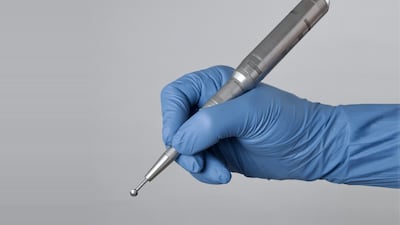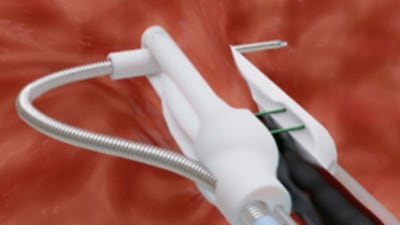The robotic movement continues to gain traction with orthopedic surgeons. To further cement their bond with surgeons, the major developers of robotic systems for large joints led by Stryker Corp., as well as Smith & Nephew PLC and Zimmer Biomet Holdings Inc., are presenting their latest news on the sales and marketing front, next-gen applications and clinical study findings at this year's Annual Meeting of the American Academy of Orthopedic Surgeons (AAOS 2018), held March 3-10 in New Orleans. Also see "Latest Mako Tech Fleshes Out Stryker's Robotic Joint Replacement Line But Cost Critics Still There" - Medtech Insight, 20 March, 2017.
After Stryker's big fanfare introduction of the MAKO total knee replacement system last March at AAOS 2017 in San Diego,...
Welcome to Medtech Insight
Create an account to read this article
Already a subscriber?








